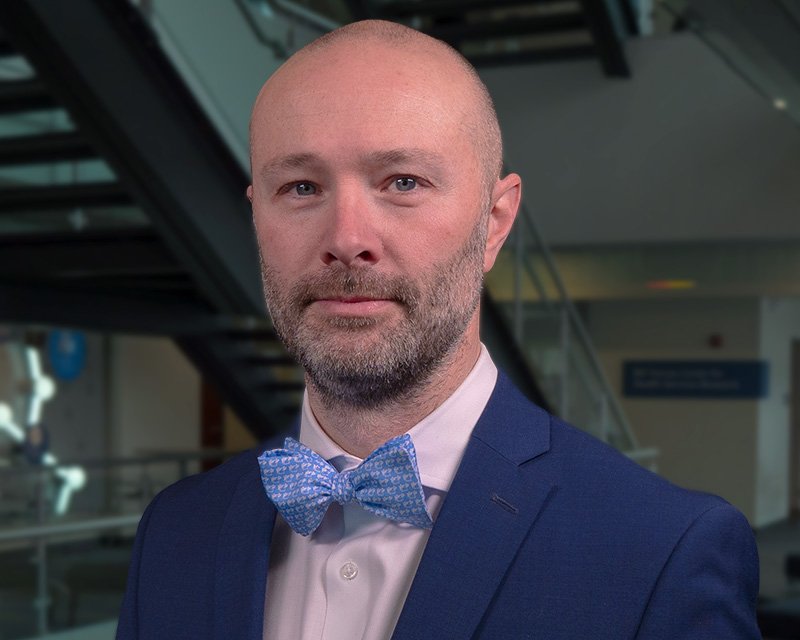Regenstrief research scientist Noll Campbell, PharmD, M.S., spoke about a common class of drugs and how it affects the brain on an Indianapolis radio show.
Dr. Campbell was a guest on Caregiver Crossing, which airs every Saturday on 93.1 WIBC. Dr. Campbell addressed the topic of anticholinergics and their potential link to Alzheimer’s and dementia. Anticholinergics are a common class of drug that includes some allergy medications, sleeping pills and many more common medicines.
Dr. Campbell recently received a $3.3 million grant from the National Institute on Aging to conduct the first clinical trial designed to determine if stopping these medications results in sustained improvements in cognition.
Listen to his discussion with the Caregiver Crossing hosts and his advice for people who are taking these medications.
Segment 1
Segment 2
Click here for more information on Caregiver Crossing.










